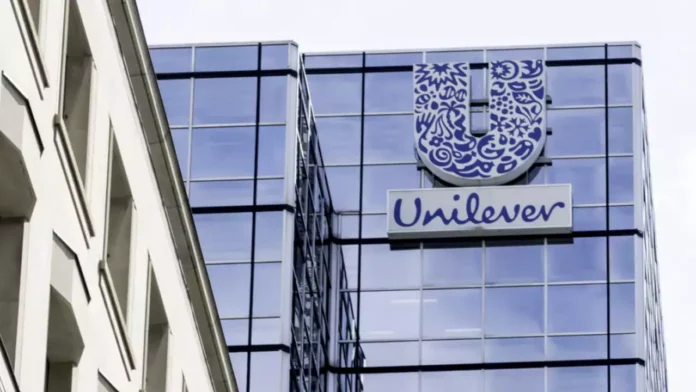Rohit Jawa, the managing director of Hindustan Unilever (HUL), emphasized that the company’s foremost focus is on developing beauty and digital capabilities, considering them pivotal for its future success in the country.
HUL, a key player in the beauty market featuring popular brands such as Lakme and Ponds, is slated to split its beauty and personal care division from April. A new leader will be appointed for the beauty segment, alongside the creation of a fresh role dedicated to advancing its digital agenda.
Continue Exploring: Hindustan Unilever restructures beauty and personal care division into separate entities
“The beauty care market will grow exponentially and create way more value in the decades to come if its per capita consumption is anywhere near even Southeast Asia, forget China. So the primary motive for doing this is to create the focus and specialisation for different competitive sets. Some of them are indeed digital, but digitalisation is more secural and more pervasive, not just to do with a specific segment of players,” Jawa told investors on an earnings call.
“And, of course, because it’s margin accretive, this higher growth would be actually good for the company. The beauty mandate is to increase the level of growth, grow the portfolio, go to faster growth, (create) new demand spaces and essentially be the best in class beauty company or beauty unit in the country,” he said.
Analysts suggest that the decision is also influenced by escalating competition, particularly from direct-to-consumer players who have recently penetrated the beauty sector. Currently, specialized beauty brands like L’Oreal, Mamaearth, Nivea, and Nykaa hold a 33% market share, projected to increase to 42% in the next five years. In contrast, established companies like HUL and Procter & Gamble, constituting two-thirds of the market, are anticipated to experience a 9-percentage-point decline, resulting in a 58% share by 2027, as outlined in a collaborative report by Redseer Strategy Consultants and Peak XV.
Currently, HUL’s beauty and personal care division contributes to 37% of its total sales and constitutes 43% of its operating profit. Five key brands, including Lux and Pond’s, generate annual revenues surpassing INR 2,000 crore. Additionally, the company boasts nearly half a dozen digital-first brands such as Simple, Love Beauty & Planet, Baby Dove, Acne Beauty, and Find Your Happy Place. Notably, the beauty category holds a more premium position in comparison to HUL’s other segments. In the last two years, the mass segment within the fast-moving consumer goods industry witnessed a 2% growth, whereas premium products experienced a substantial 9% expansion.
HUL mentioned that its beauty business is expected to grow at a faster pace than the personal care segment.
“The shape and profile of the personal care growth will be more balanced between top and bottom line and probably not be as fast as beauty because of the sheer tailwind across these 2 different businesses,” he said.
In recent years, HUL has implemented innovations throughout its value chains to enhance agility, flexibility, and efficiency. Notably, the establishment of nano factories has enabled the production of smaller batches in kilograms instead of tonnes, facilitating quicker product launches. This successful approach is being extended to other Unilever markets, aiming to reduce innovation lead times and costs. Moreover, HUL’s digitized sales, spanning various platforms such as e-commerce channels and the internal ordering app Shikhar, now contribute to over 40% of its total sales.





